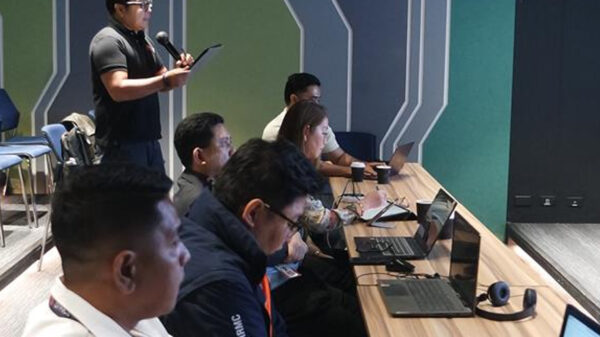A study from the University of the Philippines described the local telco market as highly concentrated as well as highlighted the barriers to entry of a third player.
According to the author of “Assessment of the Structure, Conduct, and Performance of the Philippine Telecommunications Industry”, Professor Emeritus Dr. Epictetus Patalinghug, the barriers to entry include the need for a congressional franchise, spectrum availability, huge capital requirements, and the various licenses and permits from the different sectors of the government.
The Philippine Chamber of Telecommunication Operators (PCTO) acknowledged the findings of Patalinghug’s study, with PCTO chairperson Eric Delos Reyes saying that it is “the only paper that captured the real state of the industry.”
“The study anchored on economic principles and covered all aspects of the industry which can help our legislators, regulator and policy makers in improving the state of Philippine telecommunications,” Delos Reyes said.
Delos Reyes said that the entry barriers stated by Patalinghug may be the reasons why the Philippines has not seen new major telecoms companies investing in the country in the last 15 years or so while others have tried but did not stay long.
Patalinghug earlier noted that a third player may have a difficult time attaining financial viability in the short run due to its late-mover disadvantage and the need to penetrate undeveloped areas where deployment cost is higher than the almost saturated urban markets.
“The massive capital requirements to bridge the gap that the two existing telcos have already built over the last few decades make the market not viable for the entry of a new player,” Patalinghug said. ”Our analysis is that a third player can enter the market if it is cost insensitive for the next ten to fifteen years. No private firm can afford that.”
On this, Delos Reyes said that “from the business perspective, putting up a huge amount of money late in the game may not be viable considering that there is no immediate profitability due to the huge capital expenditure (capex) needed to build up the infrastructure and the high cost to maintain the operation annually in order to be competitive against incumbent players.”
Delos Reyes also pointed out that the cost of acquiring new subscribers, as a late entrant, is traditionally more expensive.
Patalinghug has the rank of Professor Emeritus at the University of the Philippines – Diliman, under the Cesar E.A. Virata School of Business. Patalinghug was a recipient of the National Research Council of the Philippines (NRCP) 2008 Achievement Awards.
Established in 2003, PCTO is a non-stock and non-profit organization that aims to support the government in the formulation, implementation of policies, rules and regulations of the telecommunications sector. It has 14 founding members, including Globe Telecom, Smart Communications, Philippine Long Distance Telephone (PLDT), Bayan Telecommunications, Capitol Wireless, Digital Telecommunications Philippines, Eastern Telecommunications Philippines, Express Telecommunication, Isla Communications, Philippine Association of Private Telephone Companies, Philippine Global Communications, Philippine Telegraph & Telephone, Pilipino Telephone Corp., and Telecommunications Technologies Philippines.



















































































































